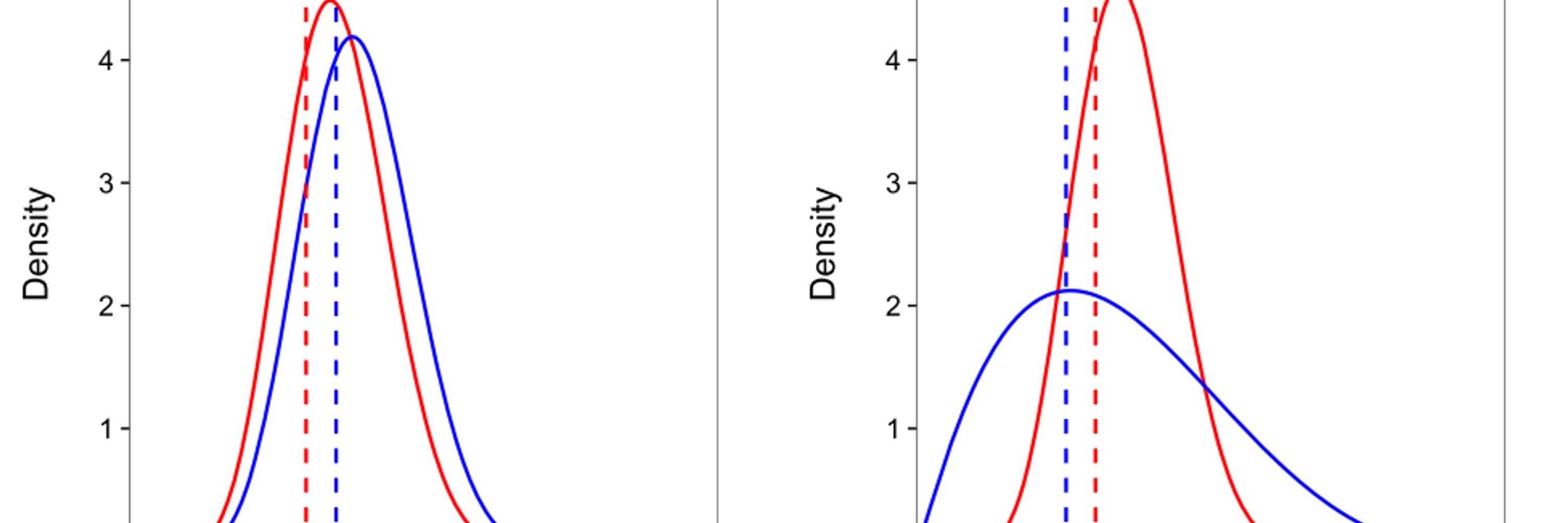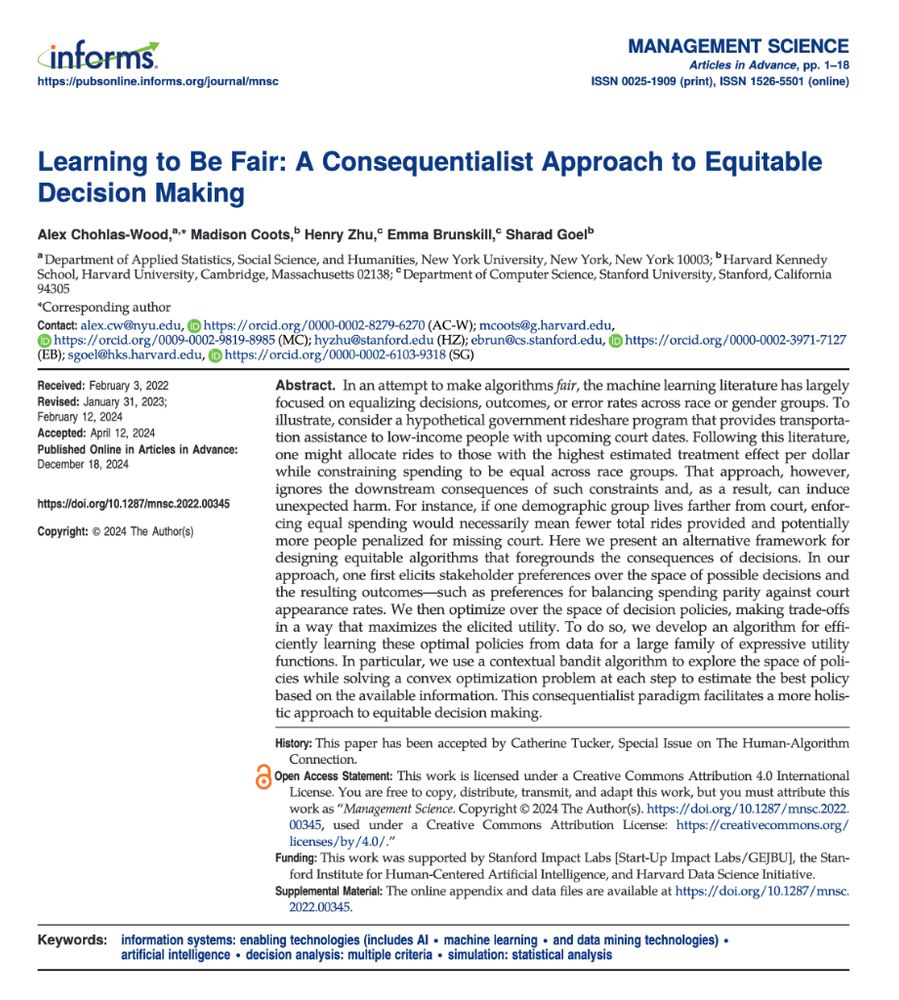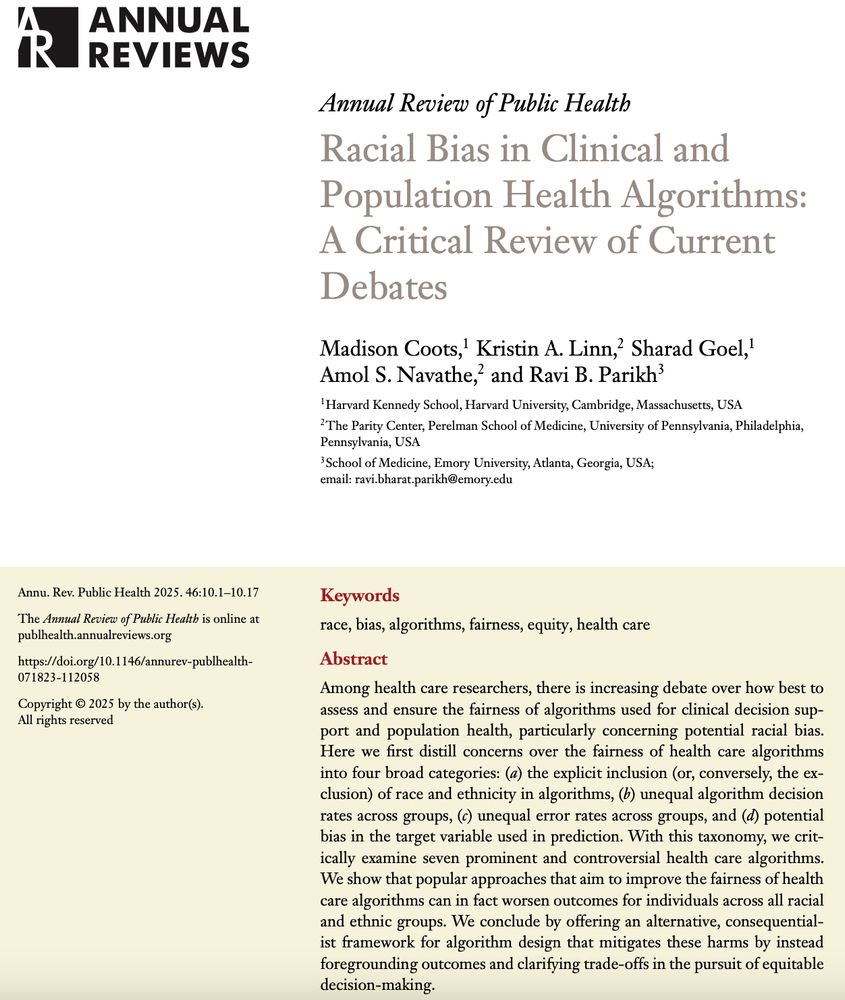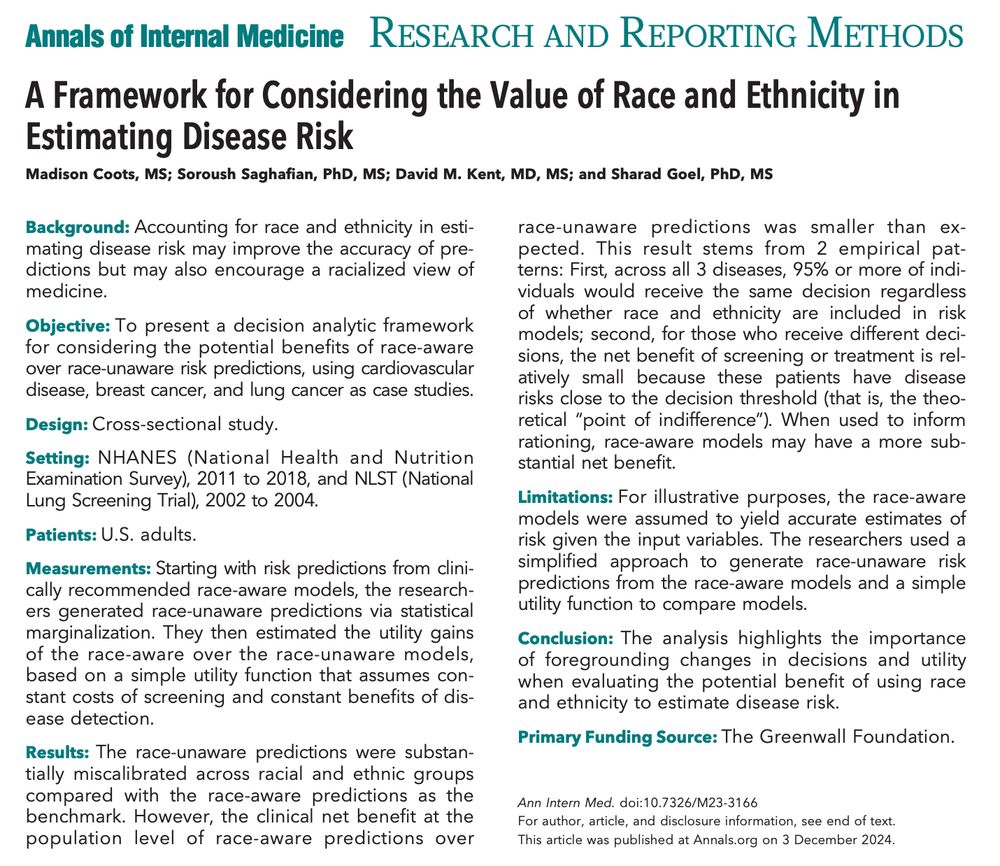Sharad Goel
@5harad.com
1.3K followers
200 following
12 posts
Professor of Public Policy at Harvard, co-director of @comppolicylab.bsky.social, applying a computational approach to public policy, including to issues in education, healthcare, and criminal justice. https://5harad.com
Posts
Media
Videos
Starter Packs
Pinned
Reposted by Sharad Goel
Reposted by Sharad Goel
Reposted by Sharad Goel
Reposted by Sharad Goel
Sharad Goel
@5harad.com
· Dec 4
Sharad Goel
@5harad.com
· Dec 4
Sharad Goel
@5harad.com
· Dec 4
Reposted by Sharad Goel
Sharad Goel
@5harad.com
· Nov 21
Sharad Goel
@5harad.com
· Oct 26
Reposted by Sharad Goel
Reposted by Sharad Goel
Dean Eckles
@eckles.bsky.social
· Jul 31








